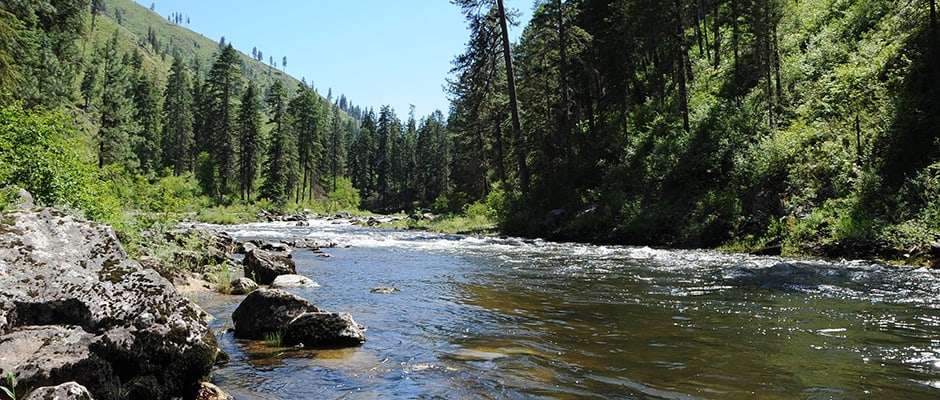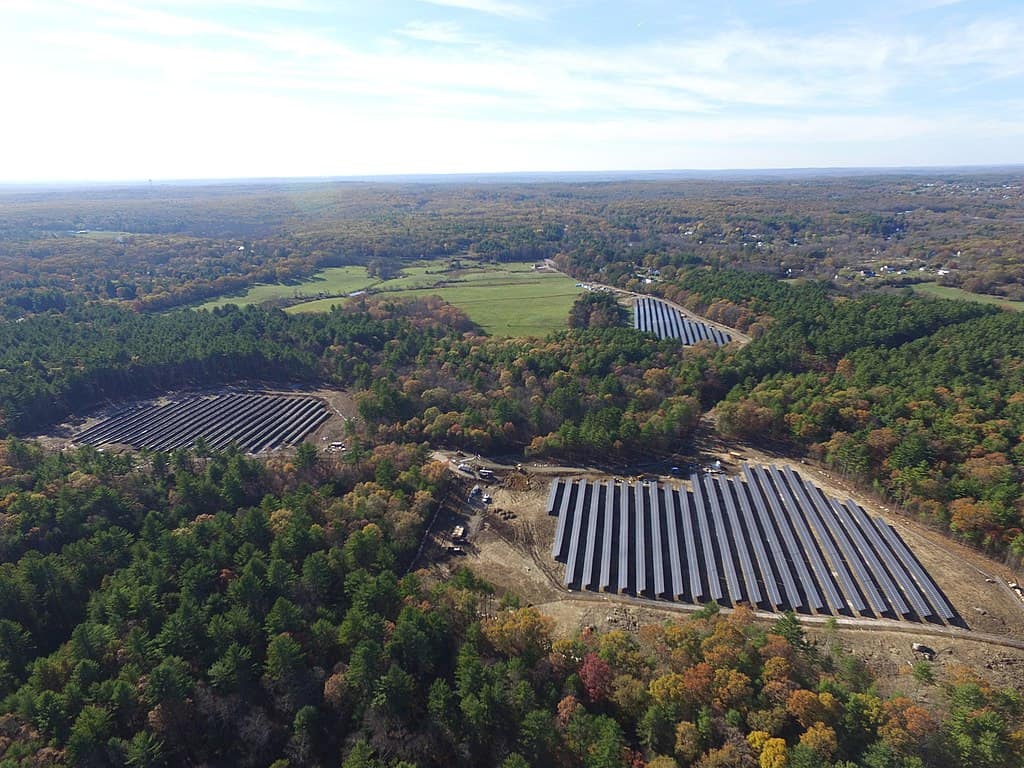Share this article
Hunters and Anglers Protest Land Transfers
Earlier this month, the Theodore Roosevelt Conservation Partnership (TRCP) — an alliance of more than 1,400 membership-based hunting and fishing organizations — created a coalition to put a stop to several earlier proposals to transfer federal lands over to states.
According to Joel Webster, director of the Center for Western Lands at the TRCP, transfer of federal lands to states means less public access to the land. Since 72 percent of hunters in the Western states rely on public land — currently overseen by the U.S. Forest Service, the Bureau of Land Management and other federal land managers — for their sport, many hunting groups grew concerned when states began these proposals a few years ago.
As land transfer proposals in Utah, Arizona, Montana, Idaho and other Western states gained political momentum late last year, and people began supporting the idea, many hunting and fishing groups came together to launch a PR counterattack against land transfers.
“We’ve pulled together a coalition called Sportsmen’s Access,” Webster said. “We brought together 20 hunting and fishing organizations to put a stop to the bad idea of transferring land to states. Part of what we’re doing is building a petition for hunters and anglers to sign opposing land transfers.” TRCP has also released a public report about nine hunting and fishing areas that are being considered for federal land transfer including the Arizona Strip, segments of the St. Joe and Clearwater Rivers in Idaho, the Missouri River Breaks in Montana and the Book Cliffs in eastern Utah.
“What concerns us is that the states’ idea is so ridiculous most people didn’t take them seriously at first,” Webster said. “But now they’re funded and organized, so it’s time to take them seriously. We don’t want their ideas to have traction in Congress.”
Webster said the plan to transfer federal lands to states will affect everyone — not just hunters and anglers since everyone will have less access to land where they once enjoyed recreational activities.
“I think the idea that federal land should be transferred to states is fundamentally flawed,” he said. “States just don’t have the resources to manage the land.”
Webster said that if federal lands were transferred to states, one likely scenario will occur. States won’t be able to keep up with the costs of maintaining the land, and they will sell their land to private owners, he said.
“The concept threatens the future for outdoor traditions and wildlife management by taking the public resources away from the public,” Webster said. “In our opinion, it’s clear that there’s public frustration with the way federal lands are managed, but those lands are one of the greatest assets we have. What we need to focus on is improving this asset to benefit the public in the long term. Selling to states is not a legitimate option.”
The main takeaway is that transferring land to states will mean less public access, Webster said.
“It’s all about access,” Webster said. “We need these lands for access to hunting and fishing. They are some of the last places in America where everyone can go and use these lands regardless of how much money they make or where they sit in society. If federal land transfers occurred, traditions of hunting and fishing as we know them are gone.”
Header Image:
Clearwater River in Idaho is federally-owned, and many people enjoy recreational activity there. Recent state efforts for federal land transfers caused hunters and anglers to come together to speak out against land transfers that would essentially result in decreased land access.
Image Credit: Joe Nuxoll via Flickr








